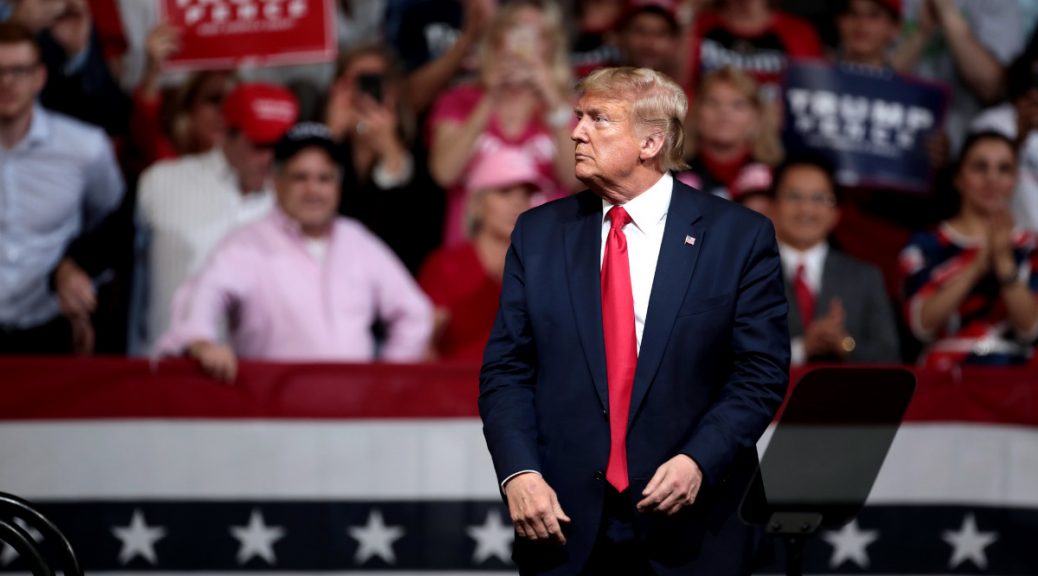The economic impact of market restrictions prompted by the pandemic—not to mention the coronavirus’s broader toll of more than 200,000 Americans deaths and other losses from ruined health and well-being—will likely linger well into the next president’s term. In the meantime, the pandemic appears to be accelerating trends toward greater income and wealth inequality within the country. U.S. billionaires have fared spectacularly well under the lockdown, having increased their wealth by $931 billion since March, according to data from Forbes analyzed by Chuck Collins and his collaborators. A report by the anti-poverty group Oxfam estimates that Amazon CEO Jeff Bezos now has so much money that he could pay each of his employees a six-figure bonus and still have more wealth than he had in March. Meanwhile, less advantaged Americans have been hit hard by the lingering downturn. Although stimulus checks and temporary expansions of unemployment benefits for a time worked well to mitigate the damage, poverty rates have recently spiked. Covid-19 cases, hospitalizations, and fatalities are disproportionately high among people of color. And while high-wage earners have recouped almost all their job losses, employment among low-wage earners remains almost a fifth lower than it was at the start of the pandemic, according to an analysis by Raj Chetty and other researchers.
Amid this upheaval, the next president will make policy decisions with major implications for whether the gap between the rich and poor in this country grows or narrows. Joe Biden and Donald Trump have put forward two starkly different visions for the country’s economy—particularly in regards to tax policy, which will dramatically shape income and wealth inequality over the next decade. In general, Trump argues that the tax cuts on high earners that his administration pushed through in 2017 should be extended, which he believes will lead to greater economic growth. Biden supports rolling back tax cuts for those who earn more than $400,000, saying on the campaign trail that the wealthy need to pay their “fair share.” The continued impact of the coronavirus on the economy will complicate these policy decisions moving forward, but we can sketch out the sort of agenda each candidate will likely push forward once in office—based on their stated proposals as well as their track record while in office—and the possible impact of a Biden or Trump presidency on economic inequality.
Continue reading Comparing Biden and Trump on Economic InequalityTimothy Beryl Bland Timothy Beryl Bland, In The Fray's senior editor, is a public policy expert and writer with experience spanning the U.S. House of Representatives, academia, and state government consulting.
- Follow us on Twitter: @inthefray
- Comment on stories or like us on Facebook
- Subscribe to our free email newsletter
- Send us your writing, photography, or artwork
- Republish our Creative Commons-licensed content

